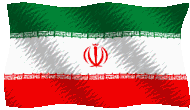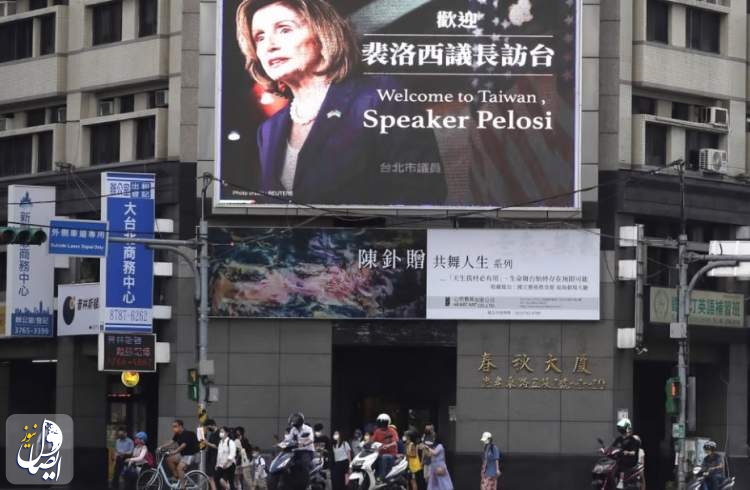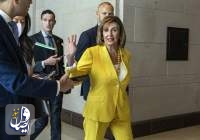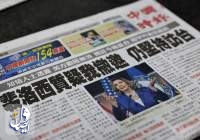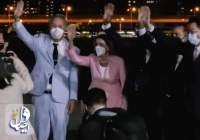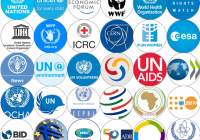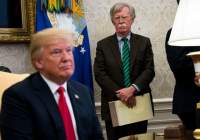China has suspended natural sand exports, while also blocking imports of citrus fruits, chilled white scallops, frozen mackerel, confectionery, biscuits and bread. US House Speaker Nancy Pelosi defied repeated warnings from Beijing and met President Tsai Ing-wen on Wednesday in Taipei.
- Ayatollah Khamenei: The Iranian nation will never enter any arena as the weaker side
- Build regional stability from the ashes of Netanyahu’s war on JCPOA
- Ayatollah Khamenei: US & Zionists will receive a crushing response for what they do against Iran & Resistance
- US moves against cybersecurity ‘risk’ posed by China-made port infrastructure
- Israeli conspiracy behind Iran gas pipeline explosions: Minister
- Assault on Rafah will be met with decisive response: Resistance groups
- India regulator finds $240 mln diverted out of Zee's books, sources say
- Elections are main pillar of the Islamic Republic & in it people are the owners of the country
- Tragedy in Gaza proved current world order is false and will be destroyed :Ayatollah Khamenei
- UNSC to hold meeting on Ukraine on July 17 to be attended by top diplomats

